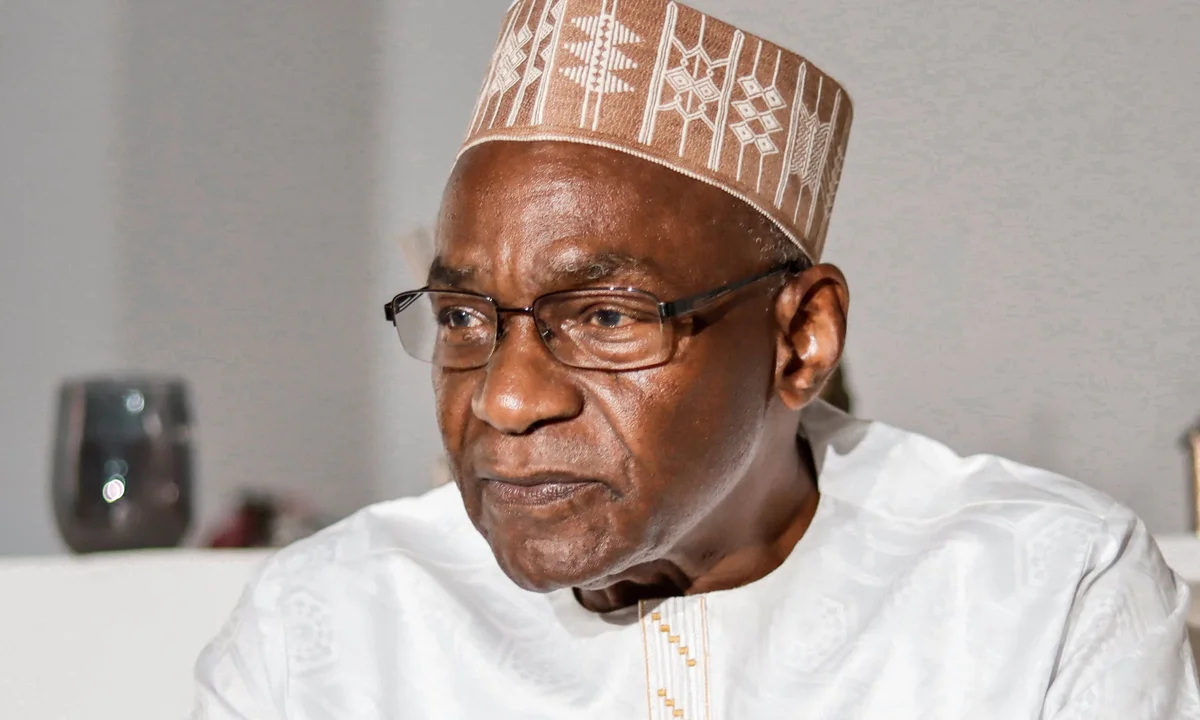
Chad’s former transitional Prime Minister and leading opposition figure, Succès Masra, is facing a high-profile trial on charges linked to deadly violence, in a case that has thrown fresh light on the country’s deep political divisions following four years of military rule.
Masra, president of the Les Transformateurs party, returned from exile under the Kinshasa Accords before accepting the post of Prime Minister. He resigned on the eve of the May 2024 presidential election, which was won in the first round by Mahamat Idriss Déby Itno.
From opposition leader to outspoken critic
In October 2024, marking the anniversary of the 20 October 2022 protests, Masra accused the government of “biased electoralism”, claiming constitutional and electoral rules were crafted to entrench those in power. He described the December 2024 legislative elections as a “guarantee for an apartheid-type regime” and urged a nationwide boycott, denouncing the vote as a parody of democracy.
His party later hailed the boycott as evidence of public rejection of a flawed transition, calling for a new democratic process built on “sincerity of the ballots”.
Shifting tone and renewed calls for reform
In early 2025, Masra appealed to young Chadians to take action for progress. Despite his refusal to participate in elections, he welcomed what he called the “brotherly hand” of President Déby, signalling readiness to cooperate. However, tensions resurfaced in May when he urged the government to “change course” and fully honour the Kinshasa Agreement, prompting pushback from political rivals.
Arrest and charges
On 16 May 2025, Masra was arrested at his home, accused of involvement in violence in Mandakao in March 2024. Prosecutors charged him with offences including “incitement to hatred, revolt, formation of armed gangs, complicity in murder, arson, and desecration of graves”. His party condemned the arrest as a “military kidnapping” and shared footage of the detention.
In July, the indictment chamber referred him to trial. His lawyer, Saïd Larifou, dismissed the charges as politically motivated, urging international scrutiny. The prosecution has called for 25 years in prison for Masra and 58 co-defendants, citing an audio recording in which he allegedly urges armed resistance.
A nation on edge
Masra’s prosecution comes as Chad navigates a fragile return to civilian rule under a new constitution adopted in December 2024. Despite institutional reforms, the country remains beset by internal tensions, security threats, and economic hardship.
Once a respected economist with degrees from Paris, Harvard, and Oxford, Masra now stands at the centre of a political battle testing Chad’s commitment to democracy and national reconciliation.



